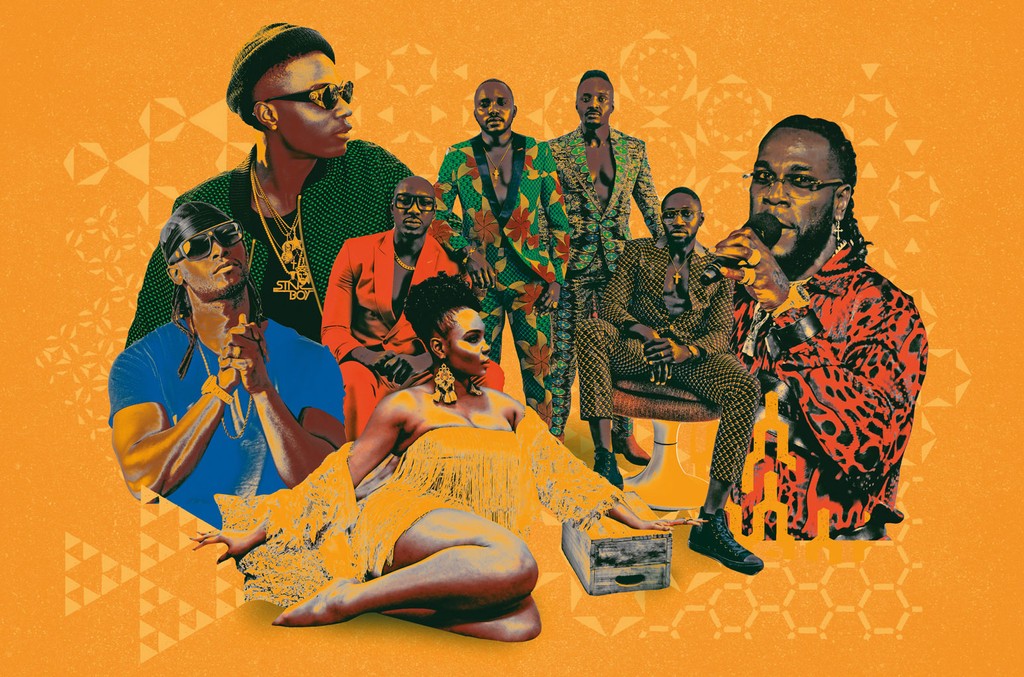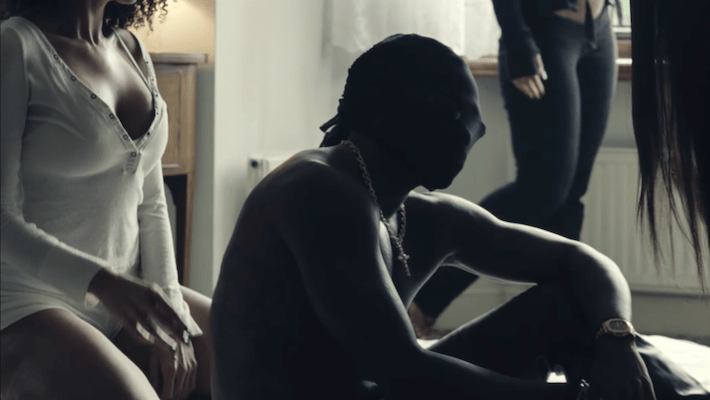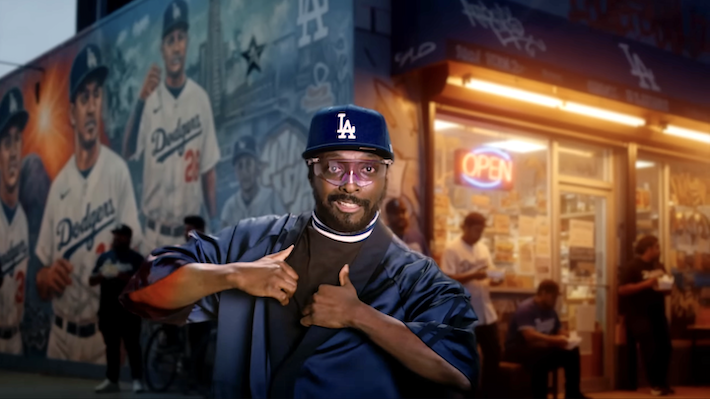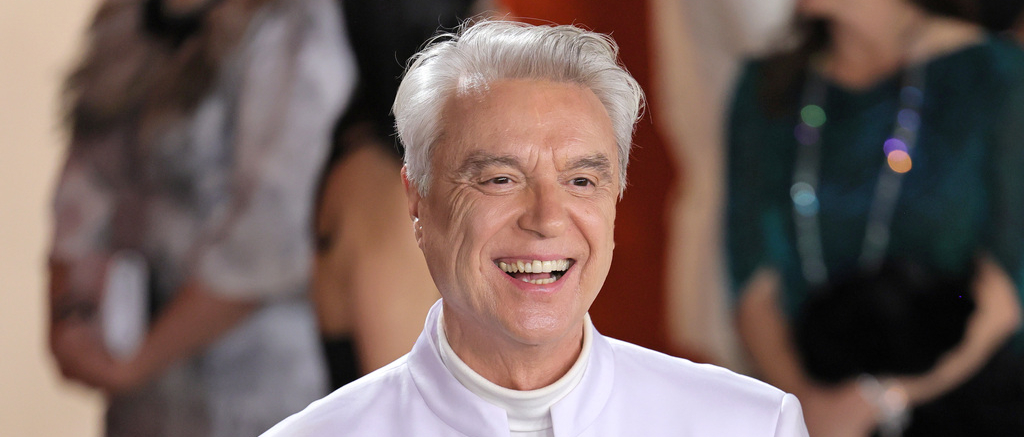The gold rush is on as major labels try to tap into the continent’s global potential.
The week of May 10, Universal Music Central Europe & Africa senior vp A&R Joe Chialo’s packed schedule included conference calls with the music company’s offices in Nigeria, Kenya and Ivory Coast. On the agenda: Universal’s recent signing spree in Africa, which over the past few months has included deals with Afropop singer Yemi Alade, Nigeria-based label Aristokrat Group and Kenyan Afropop group Sauti Sol.
“A huge wave of entertainment is happening,” says Chialo, who also launched his new Universal Music Group Africa joint-venture label, Afroforce1, in South Africa in April. “Now is absolutely the right time.”
While artists like South African Zulu choir Ladysmith Black Mambazo and Beninese singer Angélique Kidjo have won Grammy Awards and achieved international acclaim, for many decades major labels have treated African pop as a niche business under the “world music” banner. But in recent years, buzzy new artists like Nigeria’s Wizkid and Burna Boy have burst onto the U.S. mainstream. And as internet access becomes widely available to Africa’s substantial youthful population — 60% of Africa’s 1.25 billion people are under the age of 25, according to the Brookings Institution — the once rare global crossover is becoming increasingly common with A&R executives now prioritizing the continent.
Chialo has already signed his first two artists to Afroforce1: house trio Mi Casa and singer Mikhalé Jones, both based in South Africa. Sony Music Entertainment, having snagged Nigerian heavy-hitters Davido and Wizkid years ago, is now focusing on emerging acts like Kenyan dancehall artist Redsan, who SME Africa managing director Sean Watson says is providing “a fountain of information” to help the label discover future signings. And in April, Warner Music Group invested in Johannesburg-based digital distribution/artist development company Africori, which also has offices in London and Lagos, Nigeria, while WMG South Africa managing director Tracy Fraser is helping propel the country’s thriving dance music scene with signings like twin brother duo Locnville and producer Sketchy Bongo — and is already teasing that “there’s more where that came from.”
But scouting and developing talent in Africa requires an understanding of its complex web of both domestic and global connections. While the Western music industry has tended to think of it as a homogenous region, the continent is home to 54 countries and nearly 2,000 native languages — and U.S. A&R reps find that their methods don’t necessarily translate on African soil. Internet access may be widespread there, but music streaming has lagged, meaning a lack of listener data. Instead, A&Rs within Africa still largely rely on personal networks and gut feeling. “That’s dangerous in today’s world, which is intensely guided by analytics,” says Watson.
Even so, major-label partnerships are helping provide the analytical resources to accelerate talent discovery. Last March, WMG partnered with 15-year-old Nigerian music company Chocolate City Group to provide its acts like Fela Kuti’s eldest son, Femi Kuti, distribution and artist services via WMG’s independent label services division, Alternative Distribution Alliance. “The Warner deal helps us understand how to plan releases and how to get the best from our activities,” says Chocolate City co-founder/COO Paul Okeugo, citing education about analytical resources and collaborative opportunities between Chocolate City and WMG artists.
Collaborations are still the main mechanism for exposing African acts to new markets, and many African executives point to Drake’s 2016 Afrobeats-flavored smash “One Dance” (featuring Wizkid) as a turning point in the continent’s bid for global attention. “If you look at Nasty C, the biggest rapper in South Africa, he has had features with French Montana and A$AP Ferg,” says Chialo. “It’s about exchanging the coolness of Africa — that’s what the big artists want — with market share.” Indie label, distributor and publisher EMPIRE is set to open its first office in Nigeria by the end of the year, and founder/CEO Ghazi envisions it as a “bidirectional thing,” he says. “We’ll be able to bridge a lot of our artists into the continent and then also bridge a lot of the artists from the continent back.”
Collaborations are key to growth within the continent, too. Alade featured Kidjo on her 2019 track “Shekere,” helping the former artist, who is Nigerian, find new fans in French-speaking Africa. “They’re both queens on the continent,” says UMG Africa managing director Franck Kacou. He cautions against neglecting local markets in the quest for global superstardom. “Not all artists are going to be Rihannas,” he says. “We want to make sure that artists can live off their craft locally.” Chocolate City co-founder/CEO Audu Maikori agrees. “Even though we know it’s important to go global, there is so much local demand that has not been met,” he says. “Our bigger plan, actually, is more Pan-African spread.”
Outside collaborations, social media-based “talent shows” offer opportunities for talent development and discovery. Chocolate City recently launched weekly an Instagram Live series, The Draft, during which viewers are called in to show off their talents, and also runs Monster Verse, a rap competition on Instagram and Twitter in collaboration with Monster Energy drink. And on May 23, UMG Africa held its first livestreamed Digital Talent Show, including candidates in countries from Ivory Coast to Cape Verde.
Though the global potential of Africa’s booming talent is clear, the lack of music industry infrastructure remains a challenge. “You get a little chaos,” says Watson, who has invested money signing artists only to find out they have existing deals with other labels. Meanwhile, Chialo finds it difficult to explain to some local acts why they might want an A&R rep in the first place. “Usually, the songs are made on their own. It’s their friends giving comments,” he says. “You come in and tell them, ‘I wouldn’t do it that way,’ and they’re like, ‘Why?’” Adds Fraser: “The challenge is education of artists, so they understand what they’re getting into and what they’re signing and how the music industry works.”
Still, the market is steadily developing, and many Africa-based executives think it’s about time the global music industry paid attention. Watson has been waiting for this moment since he joined SME Africa nearly 10 years ago.
“For the past decade, we’ve been talking to everybody who will listen,” he says. “We’ve been expecting this, so we’re ready.”
A version of this article originally appeared in the May 23, 2020 issue of Billboard.



